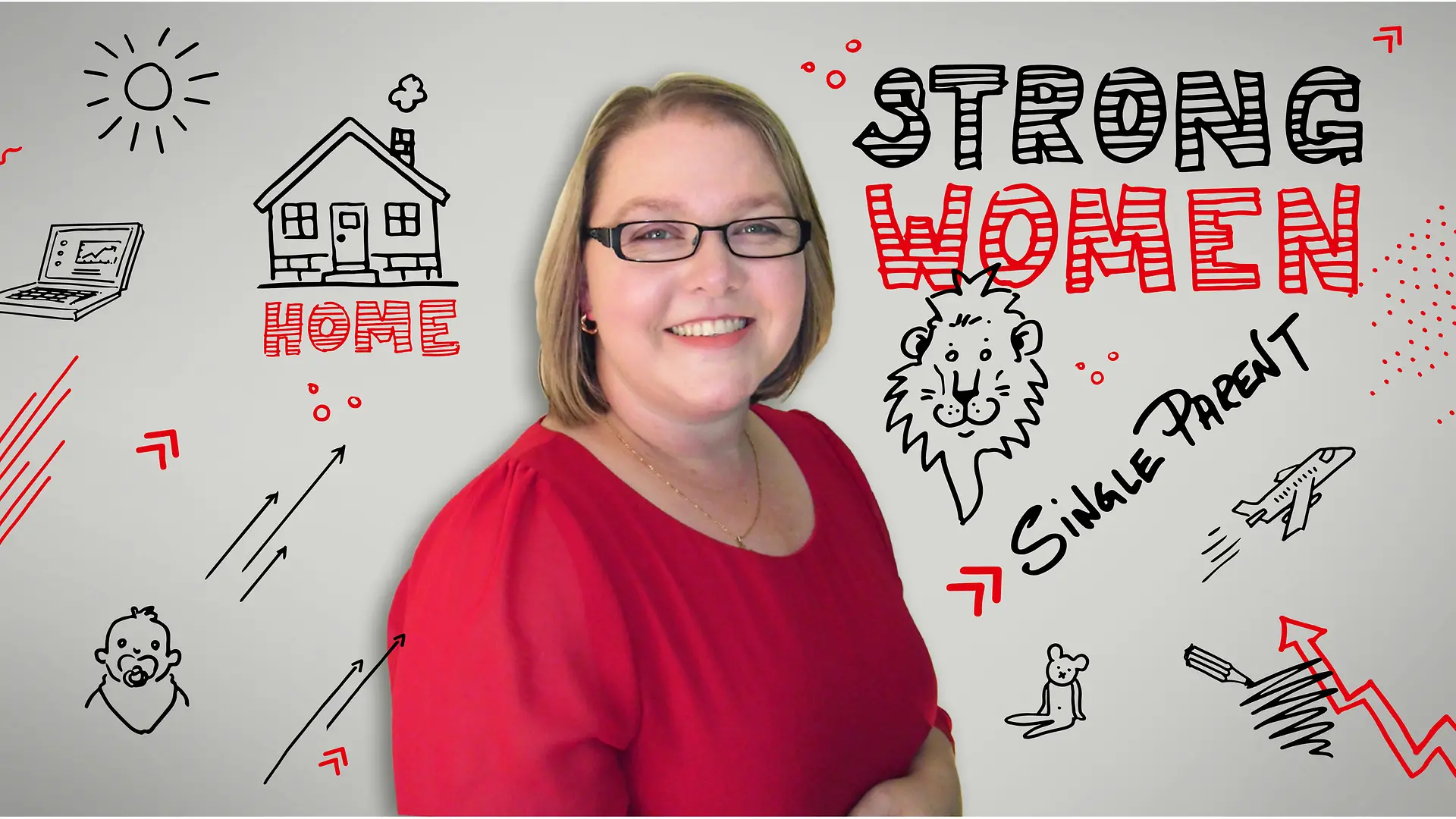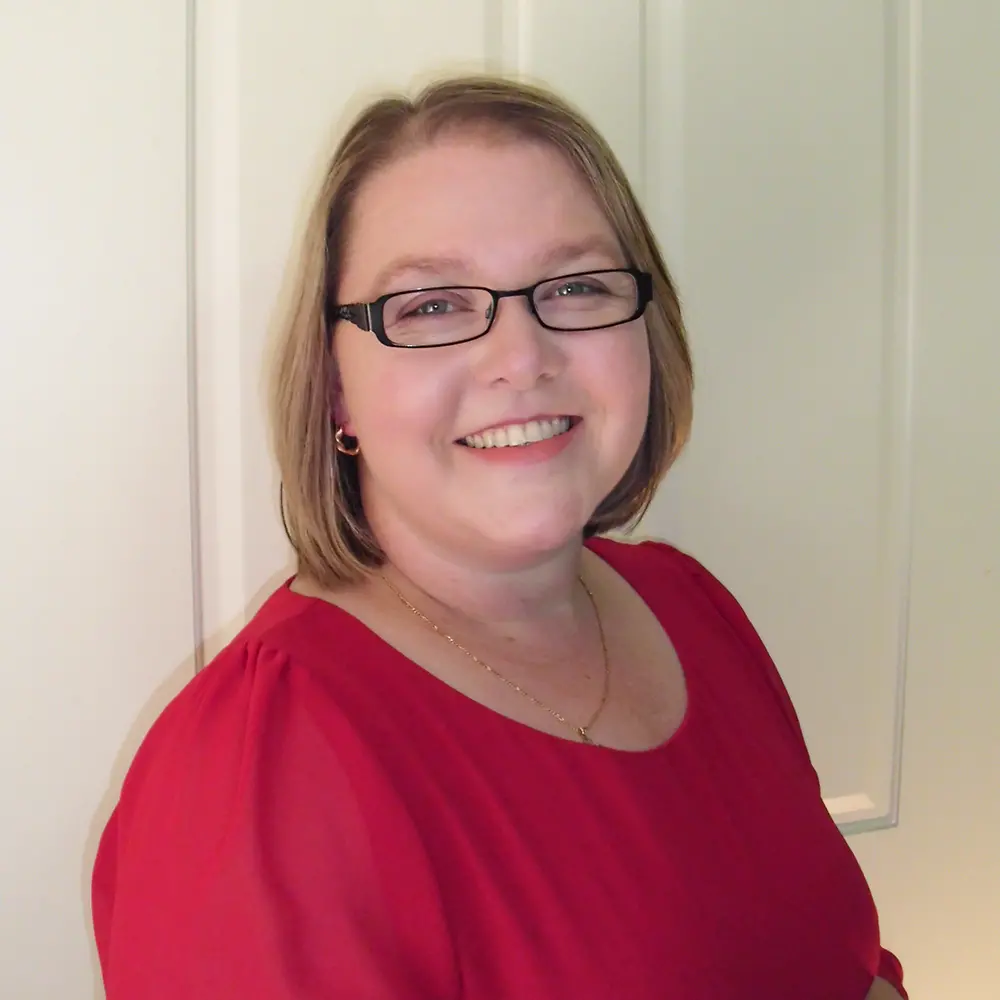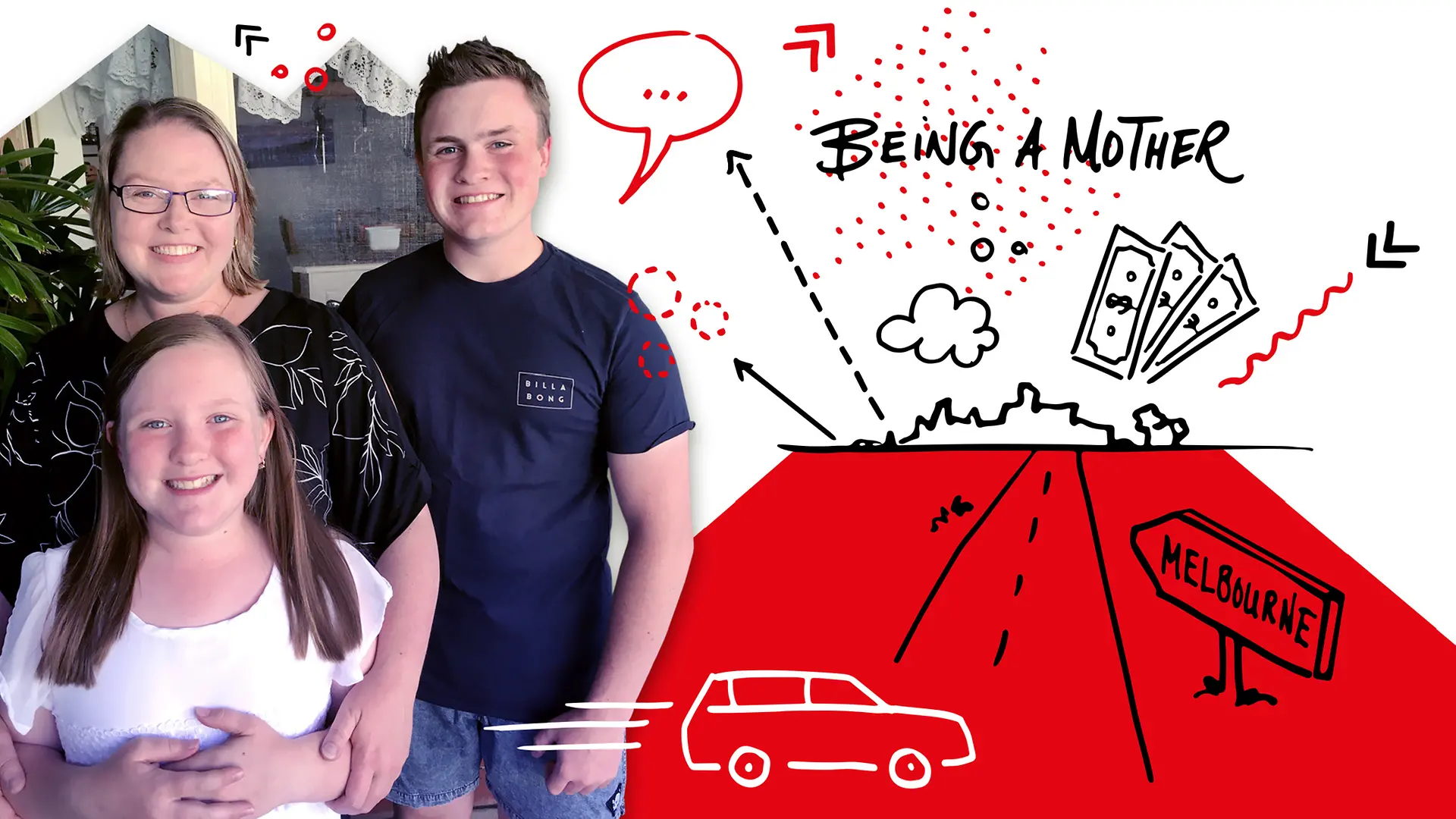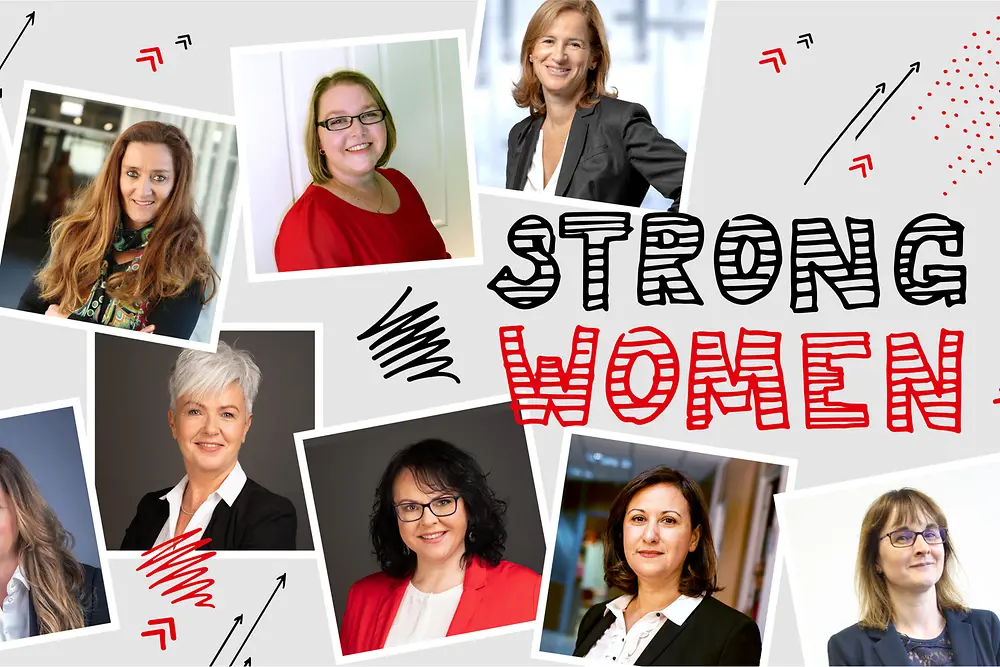Learn more about Henkel Brands & Businesses in UK & Irelands: Includes useful information about the brands, technologies and latest innovations in our business areas: Henkel Adhesive Technologies and Henkel Consumer Brands.
A mother with a lion’s heart

Having children is compatible with having a career, as long as you manage your time well. This is particularly true for single parents. Things weren’t always easy for Melissa Bottroff, but in spite of all the daily challenges, she says: “I lead an independent life – and that makes me a good role model for my children.”
The first thing that Melissa Bottroff did after divorcing her husband was to buy back his share in their house. “I wanted my children to have a place of refuge, especially during that time – a loving home in their usual environment,” she explains. That says a lot about the 40-year-old’s attitude towards life. Melissa works for Henkel as Steering Unit manager and State Sales Manager for South Australia in the Adhesive Technologies business unit. Her children are her top priority and daily source of inspiration. This is her motto: You have to know what you want in life – then you can actually have it.
As the only woman in a male-dominated business environment, and through each of the turning points in her personal life, Melissa Bottroff has learned that self-confidence and drive are the foundation of success. She has been working for Henkel for 18 years, and for a long time she was the only female salesperson on her team. She still has vivid memories of her first pregnancy: “It was an interesting time – many of my colleagues saw it as an inconvenience that I would be absent for a while.” In actuality, she was back in the office within six months after her son’s birth. Since parental leave in Australia was only reformed a few years ago, Melissa received no pay at all. She worked part-time for three months before returning fulltime. Three years later, her daughter was born. Everything fit together conveniently during that period: Her husband worked the late shift and took care of the children during the day, and her mother-in-law helped out when Melissa had to stay late at the office. All of this changed after the divorce. Her son was seven years old, and her daughter was four at the time.
She took the time she needed to organize her new life as a single mother. One week later, she was back at her desk. Her daily life became more difficult, of course. Traveling is a big part of her job, be it for client meetings or for meetings at the Australian head office in Melbourne, which is about 800 kilometers away from her hometown of Adelaide. “At the beginning, my colleagues had trouble putting themselves in my place,” she recalls. “For many men, having their wife take care of the kids when they’re on the road is a matter of course.” She says there were times when she simply couldn’t travel, because she had nobody who could look after her children. Together with her managers and her family’s support, she eventually found a way to do her job and be a mother at the same time. Like all of her colleagues in South Australia, she works from home and is free to organize her day as she wishes most of the time. Her children are now 15 and 12 years old, so they have their own routine when they come home from school. Business trips, however, are still a challenge. In most cases, the children stay with her brother, who lives close to their school.
Melissa says that it took a while for the family to get used to its new life – that there were occasionally tears when she left home for longer business trips. The real challenge, however, was less in her absences than in her presence at home most of the time. “My children had difficulties understanding that I had to work, and that I couldn’t play with them just because I was around,” she explains. According to Melissa, there is one big advantage to working from home as a mother: Her day is clearly organized. As soon as the children are out of the house, she switches on her computer. “By half past five in the afternoon at the latest, my daughter knocks on the door. That’s when family time begins,” she says.
Melissa doesn’t plan very far ahead – her daily life demands too much flexibility for that. Being a single parent makes many things more complicated, but she also sees a few perks: “You have more control over your children’s development,” she says. Of course, having a father figure is important. The children see their dad on a regular basis and enjoy spending time with him. However, when decisions must be made and discussions had, she can be more intuitive in her approach. She has clear priorities in place:
Melissa sees herself as a role model in this respect. “After my divorce, I was forced to go my own way. It was a huge challenge – but my children want for nothing. We are a happy family,” she says.

THREE QUESTIONS TO MELISSA
What value is your top priority?
My top value is bravery. You will not always succeed at everything in life, but you need to be brave enough to try.
Who or what inspires you?
My children. They are my focus every day and give me the drive to be successful at my job. Through them, I am inspired to be a good role model and show them that working women provide value to organizations and society.
What would you change in the world if you could?
If I could change one thing in the world, it would be to provide free education to all people in all nations no matter their status, sex or upbringing.














